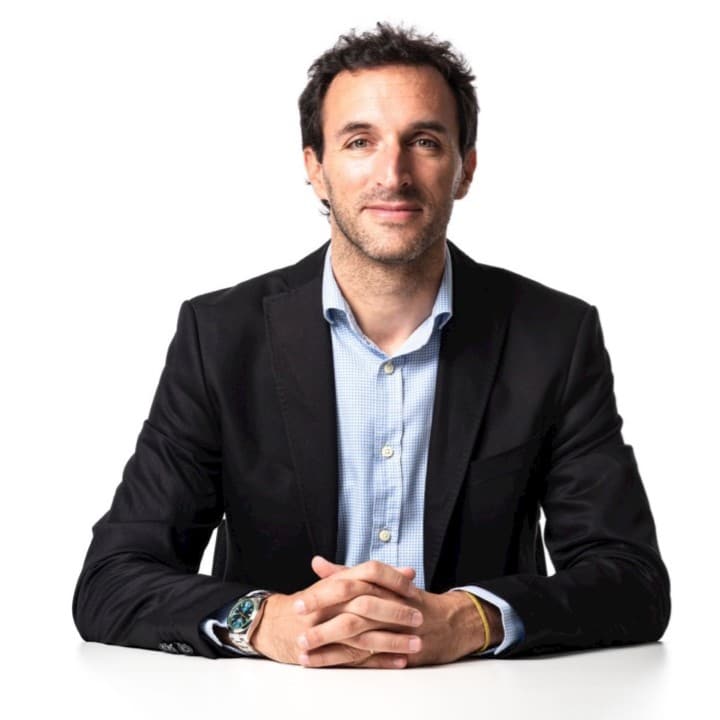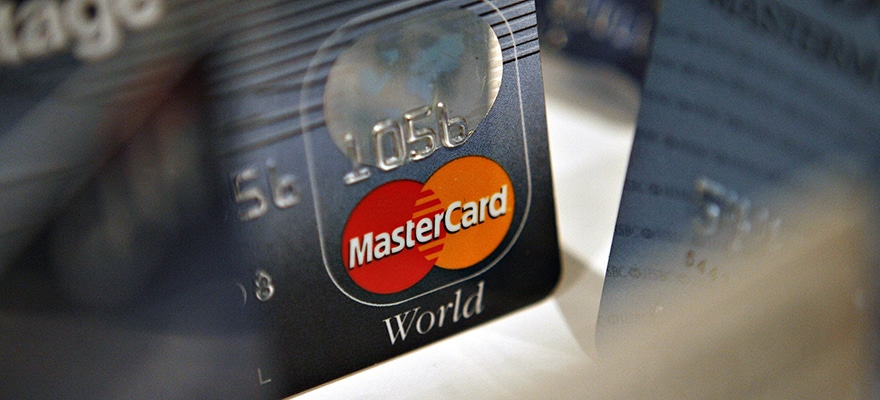Amsterdam-headquartered VEON, a telecoms and digital services company with a presence in developing countries, has inked a partnership deal with Mastercard to boost its financial products across countries like Russia, Pakistan, Ukraine, Kazakhstan and Bangladesh.
The company, which is listed on Nasdaq and Euronext, believes that the latest partnership will allow scaling of its services.
VEON’s Co-Chief Executive, Sergi Herrero also sat down with Finance Magnates to explain the importance of the Mastercard partnership and talked about the overall business of the company.

Sergi Herrero, co-CEO VEON
“Our partnership with Mastercard provides our operating companies in five countries with world-class capabilities to fast-track their plans for developing digital financial services,” Herrero said.
He elaborated that the partnership will not only offer “issuance and processing platforms, payment gateway capabilities but also cutting edge Analytics and payment insights tools that will allow us to provide tailored and differentiated services to both SMEs and consumers in these markets.”
The Extension of a Fruitful Partnership
VEON already had a relationship with Mastercard through Mobilink Microfinance Bank in Pakistan, which is VEON’s financial services provider in the country. That deal was inked in May 2020.
“Our experience in Pakistan gives a foretaste of how we can execute here,” the CEO said. “We built the largest merchant acceptance network by equipping merchants with MasterCard’s QR code solution that is EMVCO global standard complaint. This provides us with the opportunity to accelerate the digitalization of the entire Payments system.”
Potential of the Developing Countries
Herrero iterated that the company operates five connectivity and digital services brands that collectively reach more than 200 million customers in some of the world’s most dynamic countries, including Algeria, Bangladesh, Georgia, Kazakhstan, Kyrgyzstan, Pakistan, Russia, Ukraine and Uzbekistan.
“The dynamic nature of these markets provides us with structural growth opportunities across our rapidly expanding 4G networks, through which we are providing a host of new digital services to solve everyday problems, empower individual opportunity and encourage the development of digitally-enabled lifestyles,” he added.
Pointing out the success of JazzCash in Pakistan, he said that the company “significantly broadened the reach of the platform in 2020 and benefited from an earlier partnership agreement with Mastercard to extend the benefits of their payments capabilities to merchants and consumers.”
The company sees great potential in the developing and emerging markets and heavily investing in them.
The Untapped Market between East and West
“If we look at payment ecosystems across the world, to the west we see well-developed banking systems and established players such as PayPal and Stripe. To the east Tencent and Ant Financial dominate the market,” he said. “But between those two, there is a whole region with untapped potential, where hundreds of millions of underserved customers are demanding better services. That is what VEON is tapping into, starting with its existing customers and expanding to the rest of its markets’ young, fast-growing populations.”
Answering our query about the company’s plans for the developed market, the CEO clarified that the company will only focus on developing markets.
Drafting a Business Plan Based on the Market
Revealing the strategies of VEON, Herrero said that the company approaches each opportunity in one of three ways, depending on local market circumstances.
“Often we will own an asset outright and scale it as a stand-alone business, as we have done with JazzCash,” he said. “Alternatively, we may consider a strategic investment alongside other partners with whom we share a collective vision for that asset’s future. ShopUp, the Bangladesh-based B2B commerce platform in which we invested last October is a good example here.”
“And occasionally we will adopt a partnership approach, working alongside a company in a parallel industry where we see an opportunity to leverage our core expertise to enhance each other’s business prospects, as we have done with Mastercard.”

















